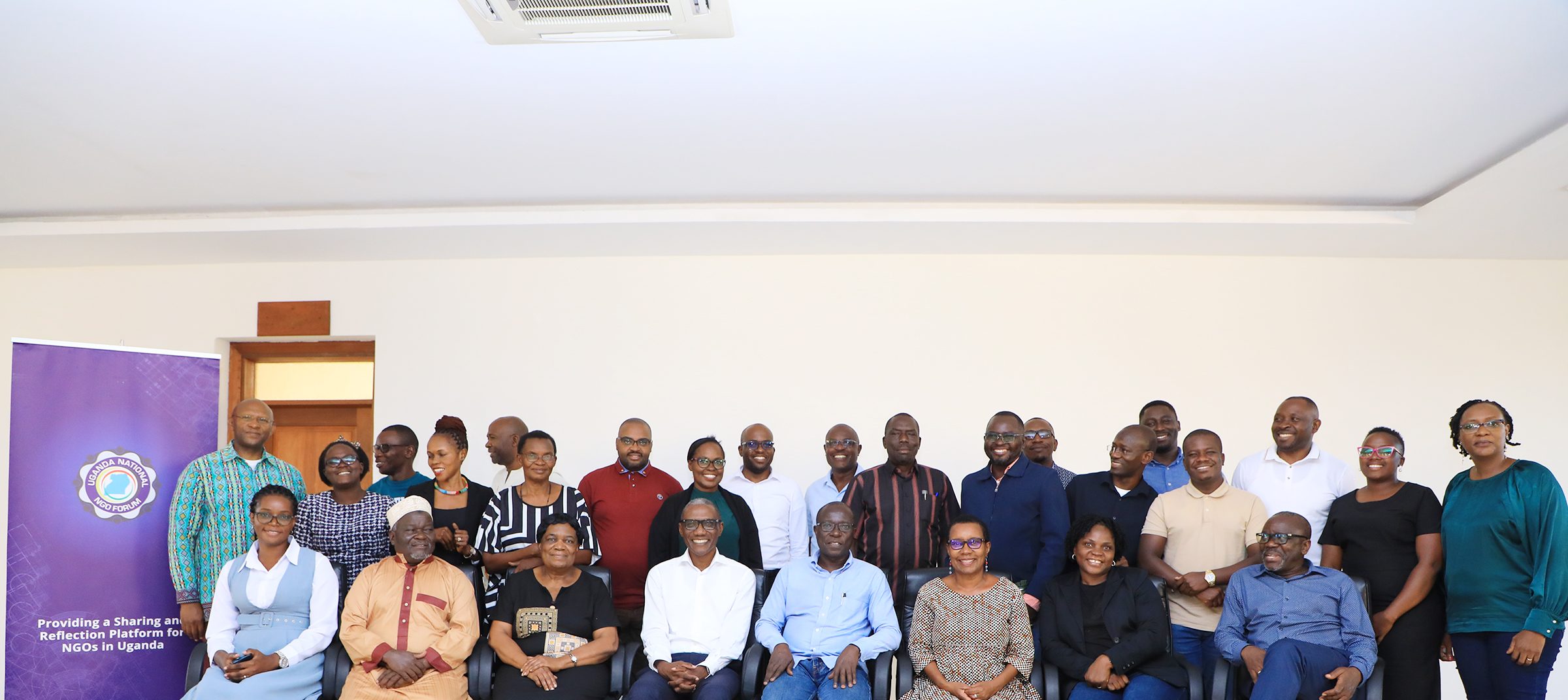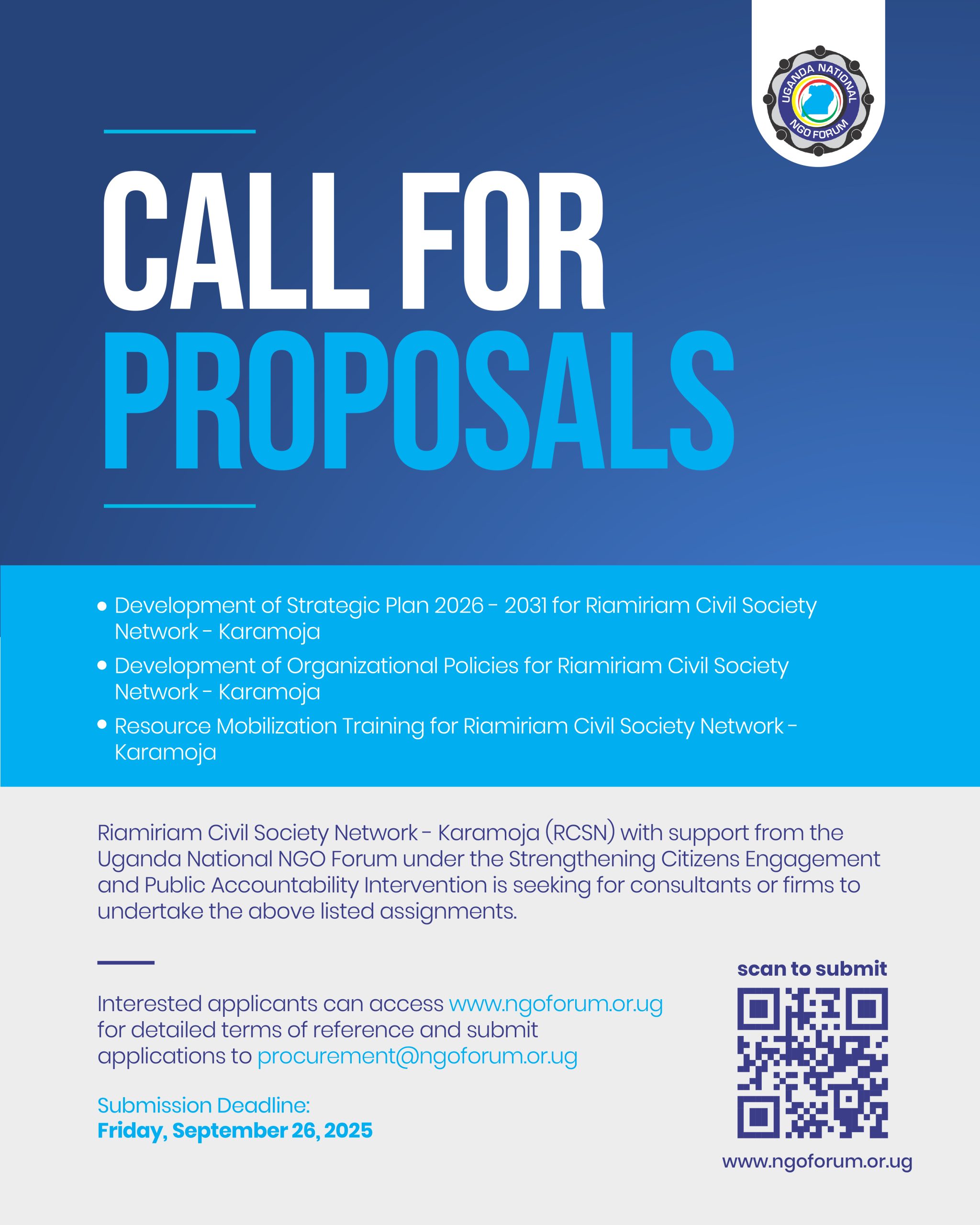
The Ugandan Civil Society Sector is Reenergized for 2025 and Beyond.
UNNGOF successfully concluded the CSO Leaders’ Retreat, a platform that brought together civil society leaders from across Uganda to engage in meaningful dialogue, deep reflection, and a renewed spirit of solidarity. This retreat provided an invaluable opportunity for leaders to share experiences, exchange ideas, and strengthen the bonds that unite us in our collective mission to address Uganda’s most pressing challenges.
The energy, passion, and commitment demonstrated throughout the retreat were palpable, reigniting a renewed drive to continue advancing Uganda’s development agenda. Discussions during the retreat delved into pressing issues, including global political shifts, the implications of emerging conflicts, and the evolving role of civil society organizations in redefining humanitarianism and development. A key focus was on the institutional challenges faced by Uganda, and how civil society can amplify its efforts to address corruption and strengthen institutions. Leaders were reminded of the importance of building strong, effective, and accountable systems within civil society itself to ensure the sector’s sustainability.
A major topic of discussion was the shift from a donor-driven model to a locally led development approach. The retreat emphasized that it is time for national NGOs to take the lead, with international NGOs shifting from implementers to supporters and allies. The dialogue around power dynamics and local ownership of development efforts highlighted the need for a more inclusive approach where local communities are at the center of decision-making and development.
The CSO leaders also discussed the critical need to prepare for the upcoming 2026 elections, reflecting on the role civil society must play in ensuring that the electoral process is free, fair, and transparent. CSOs were encouraged to take a proactive role in voter education, election monitoring, and advocating for accountability within government institutions. As Uganda faces these significant political transitions, the retreat affirmed that civil society must be well-prepared to support democratic processes, uphold human rights, and contribute to peacebuilding efforts.
Through these conversations, the retreat underscored the importance of alliances and collaboration. No single organization can address Uganda’s challenges alone. The retreat reinforced that civil society organizations can increase their collective influence and achieve greater impact when they work together. Building strategic partnerships, both within the sector and with other stakeholders, is essential for creating the conditions necessary for meaningful transformation.
The insights shared and connections made during this retreat will continue to guide the work of CSOs as we tackle the complex challenges ahead. We are confident that the renewed energy and sense of solidarity will propel us forward, ensuring that civil society remains a transformative force in Uganda’s journey toward a more inclusive and prosperous future.



